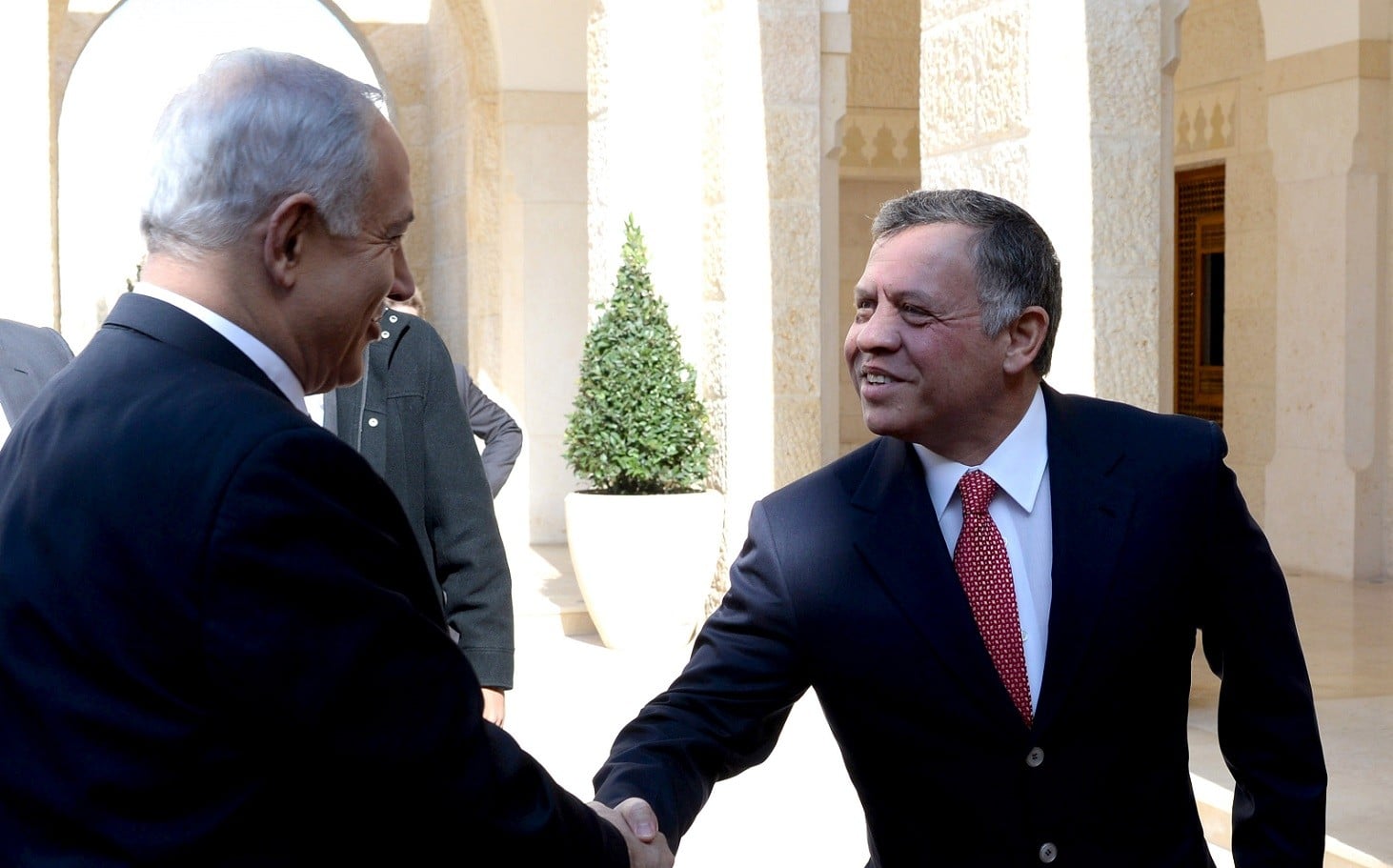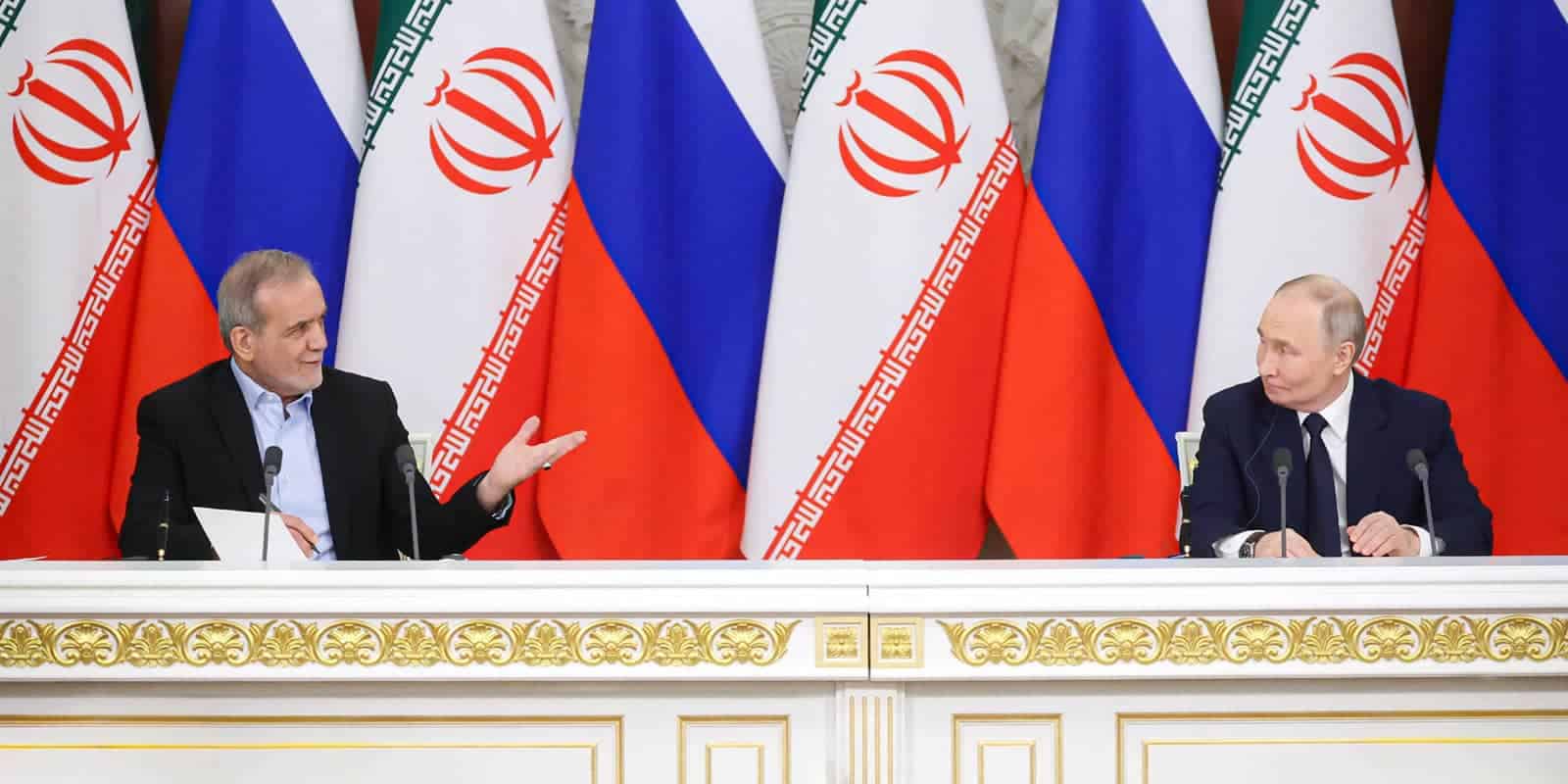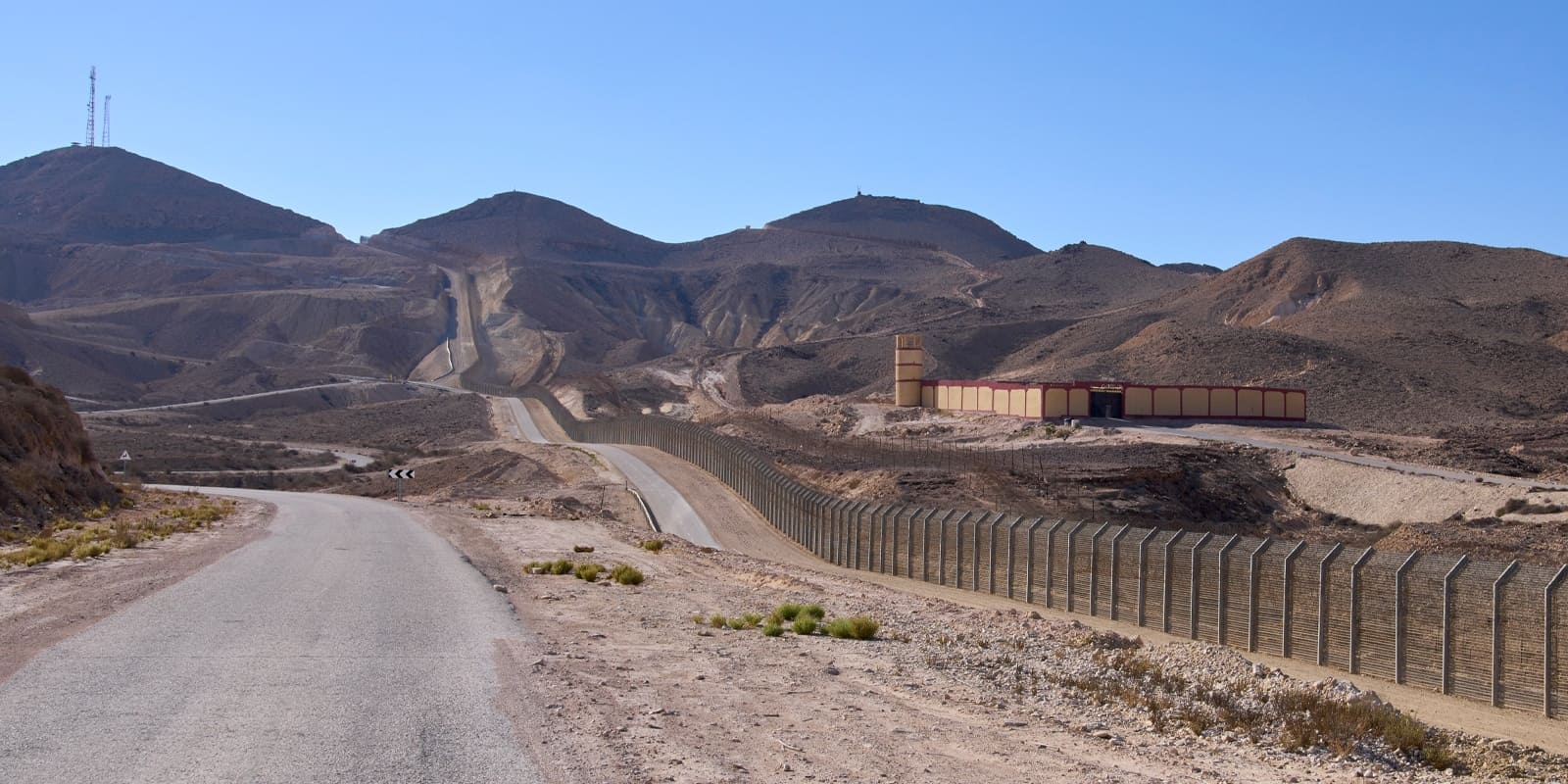Prime Minister Netanyahu’s visit to Amman this past week (June 18) is one more step in the right direction. Israel should continue to work closely with Jordan in monitoring events in Syria, and specifically, preventing the Iranian regime and its proxies from gaining free access to the Jordanian border. Israel should its best to persuade its friends and interlocutors (– and not only in Washington!) to help sustain the fragile Jordanian economy. As the unveiling of the “Trump peace plan” draws near, Israel would do well to cultivate a common interest with Jordan in maintaining the “status quo” in Jerusalem, which gives Jordan a special status – albeit under Israel’s sovereign rule; and learn to take “with a pinch of salt” Jordanian fulminations against us in international fora.
Netanyahu’s visit to Amman marks another important milestone in the steady effort to restore close and mutually beneficial relations between Israel and Jordan. It brings to a final close, in effect, the crisis of last summer. The latter took an ugly turn – despite Jordanian efforts to help solve the metal detectors issue – after the shooting of two Jordanians by an Israeli embassy security officer. He was allowed to leave, despite internal pressures in Jordan, but the warm hug he received from Netanyahu upon his return to Israel led to a very sharp reaction from King Abdallah II. Israel’s Ambassador, Einat Shlein, who was seen in the frame of that scene, was told she cannot return to Amman. Official contacts (other than the ongoing relationship between the security establishments on both sides) were largely suspended.
This is now clearly over. In April, Israel’s new Ambassador Amir Weissbrod arrived in Amman – quicker than some have expected, given the tensions over Trump’s decision to move the US embassy in Israel to Jerusalem. He is an able diplomat and analyst, and one of Israel’s top authorities on the Syrian situation. His appointment indicates the centrality of this question for both countries. Indeed, it was apparently a key item in Netanyahu’s conversation with the King. Fears, fueled by reports from rebel sources that Iranian and Hizbullah elements would merge into Syrian army units in southern Syria, make it all the more important that both Israeli and Jordanian intelligence capabilities, in close coordination, should be brought to bear upon the new realities in this area.
The US-Russian-Jordanian agreement, reached last November, is aimed at establishing a no-go zone for foreign forces in areas bordering Jordan. It needs to be meticulously implemented. Israel, as the unsigned fourth partner, is well positioned to make this point with both the US and Russia. Given Khamene’i’s declared intention, back in 2014, the turn the West Bank into “the next Gaza”, it is clear that access through Jordan is of crucial importance to Iran’s subversive designs. This lends even greater weight to the Israeli-Jordanian security cooperation and ongoing strategic dialog at the highest level.
Equally important is the stability of the Jordanian regime, which in recent weeks faced violent demonstration protesting tax hikes. The King seems to have brought the troubles under control, using the standard procedure in the Arab world – letting the rank below, the Prime Minister, take the blame and resign. The Jordanian economy remains fragile, however, and the country, basically poor in resources, is now burdened with huge numbers of penniless Syrian refugees. In the medium and long terms, investment is the solution; but for the immediate needs, direct aid is the necessary answer.
The Gulf countries, understandably burdened by the war in Yemen, the need to help Egypt, and their own domestic tension, should nevertheless be reminded of Jordan’s vital role and geo-political position. Israel can, and should, sustain Jordan’s water supply. Israel’s friends in Congress, and her interlocutors in Europe’s capitals, need to increase their efforts for Jordan. The IMF must reconsider. Pushing the Jordanian economy over the cliff could have serious consequences.
Meanwhile, King Abdallah can play a major role in the last preparatory stages before the unveiling of Trump’s “peace deal”. His position may be of some importance, given the adamant refusal of the Palestinian leadership to even talk to Trump’s team. In this context, Israel can reap major benefits by quietly defining and upholding common interests with Jordan, both in terms of the future security regime in the Jordan valley (which neither country wants to see as an open field for hostile penetrations), and, even more delicately, in Jerusalem.
For Jordan, the so-called “status quo” on the Temple Mount, enshrined in the text of the Israeli-Jordanian peace treaty of 1994, is a guarantee of the position of the King’s family in one of the holiest places for Islam. Having been driven out of Mecca and Medina by the conquering Saudi family in 1924-1925, the Hashemite House looks upon the control of the Waqf as the last treasured affirmation of their unique role in Muslim history.
Israel, as sovereign in Jerusalem, can secure this position. It is obliged to do so under the Treaty. This comes at a cost. Jordanian sensitivities as to Jewish prayer on the mount, and other activities of those who seek to restore the Temple, need to be taken into account. Israeli policy does reflect this concern, and indeed, the government is in constant dialog with the Jordanians on this delicate matter. And yet the Jordanian emphasis on the preservation of the status quo is also a way of implying what they cannot say (and probably never will): namely, that a “deal” handing over the Temple Mount and the Holy Basin to Palestinian sovereignty would endanger both Israel and Jordan. It will lead, in all likelihood, to a takeover by Islamist radicals, with untold consequences for the future of the region as a whole.
Israel need not and should not press Jordan to come out in public in support of these positions. But in the efforts to put together an Arab position that would welcome the Trump initiative, Jordan can play a quiet but constructive role. It is in Israel’s interest that this should be done in the context of political stability and economic growth. Since 1970, in effect, Jordan has been part of Israel’s strategic depth in the region. This calls for clear-headed thinking down the road. Alas, Jordan regularly joins the Arab pack of hounds at the UN, and the Jordanian media is often poisonous. But these aspects should not cloud Israel’s strategic judgement.
JISS Policy Papers are published through the generosity of the Greg Rosshandler Family.
photo: Kobi Gideon, GPO















